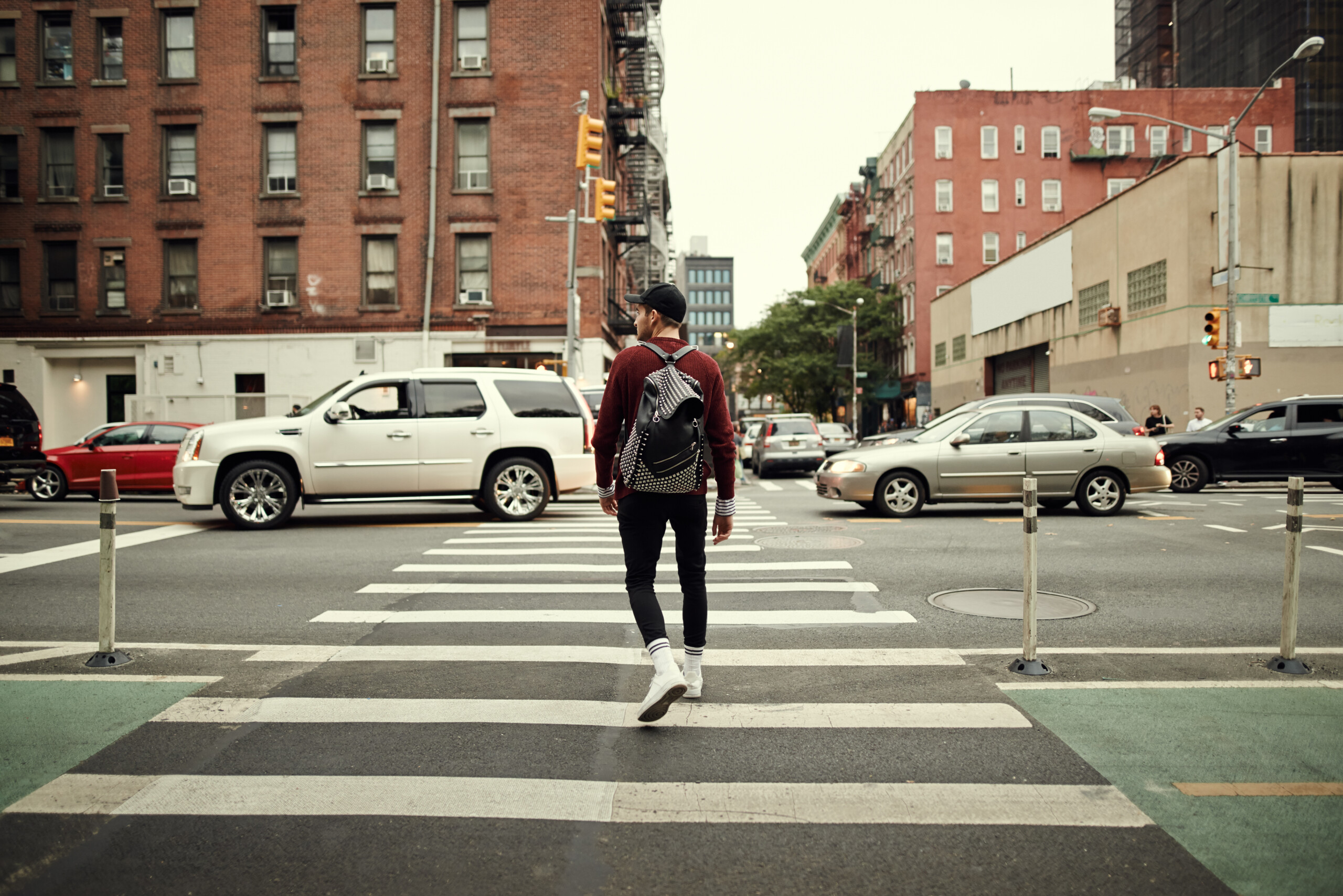If you’ve found yourself in the world of addiction recovery, you’re sure to have heard the word “trigger.” A trigger is something that prompts a person to crave a substance. Triggers can be internal (thoughts, memories or emotions), or they can be external (people, places and things).
Recovery often hinges on whether a person can identify his or her own triggers and find ways to manage the distress they cause. Understanding your triggers is essential, and it might leave you wondering whether yours are the same as everyone else’s.
In this article we’ll look at whether triggers are all the same, the differences between alcohol and drug addiction triggers and the feelings that can lead to relapse.
Are triggers the same for everyone?
While some people will have overlapping triggers and many have common underlying emotions, triggers are not the same for everyone. Many people may feel the urge to use it when they see an old friend and others will crave a high when they feel lonely.
There’s no clear way to predict which triggers will impact you and which stimuli won’t phase you, but once you know the triggers that cause you to distress you’ll be able to combat them.
What are triggers that are unique for alcohol addiction?
Watching tv or scrolling on social media: Advertisements for alcohol are all over the place. Whether you’re watching a football game or scrolling online, you’re sure to come across an ad for alcoholic drinks at some point.
Bars: Whereas drugs tend to be consumed in private, it seems to be a staple of American society to have numerous bars in every town. Passing bars while you’re walking or driving seems inevitable. An open door can seem like an invitation, so beware of local spots that could provoke an alcohol addiction relapse.
Weddings and similar gatherings: Nearly all weddings have alcohol, and it’s not uncommon to have an open bar. The lure of free drinks and the hype of the festivities can make a person start to rationalize having a beer. Special occasions can invite this kind of thinking, so it’s important to be on your guard if you attend a wedding.
Seeing intoxicated people: Because alcohol is legal to consume and most addictive drugs are not, it’s much more common to see intoxicated people in daily life. Whether you’re enjoying a casual dinner out with family or at a get-together at a friend’s house, you’re more likely to run into someone who is drunk, potentially triggering a desire to drink.
A certain type of setting: In your past, a hot summer day and a cold beer might have gone hand-in-hand. Maybe a romantic dinner and a glass of wine were inseparable. Certain settings can also trigger drug use, but the specifics will be unique for each person.
What are triggers that are unique for drug addiction?
Music: The high that comes with using drugs feels euphoric initially, and people are prone to accompany these pleasurable sensations with music. Drugs are often consumed in concert and festival settings as well. Music may also romanticize drug use in the lyrics and initiate a craving.
Pain: While alcohol is often sought as an escape, drugs are more commonly used to alleviate chronic pain. This is largely associated with prescription drug abuse, and many drug addiction relapse incidents occur when there is an uptick in pain.
Feeling hopeless about your situation: Feelings of hopelessness, suicidal thoughts or a lack of support can be an overwhelming drug relapse trigger. If you or a loved one is in danger of overdose, it’s important to call for emergency intervention today.
What emotions commonly underlie relapse?
When it comes to drug and alcohol addiction relapse, the triggers may differ, but many of them have the same emotion at their root. Here are some emotions individuals face when addiction relapse is on the horizon.
- Worthlessness
- Guilt
- Shame
- Anger
- Frustration
- Stress
- Loneliness
- Isolation
- Insecurity
- Sadness
- Hopelessness
- Fear
These emotions come with different manifestations, but all could lead to relapse. A negative mood should be your first sign to be on the watch against relapse triggers.
Why do addicts relapse?
There is no one-size-fits-all answer to understanding why addicts relapse since triggers are as diverse as individuals. However, acknowledging your potential triggers and creating strategies to avoid or manage them can be the key to your recovery.
If you’re ready to get help for drug or alcohol addiction and become the master of relapse triggers, call Real Recovery. Comprehensive treatment services help you eradicate self-destructive behaviors so you can live a free and full life. Call today.





